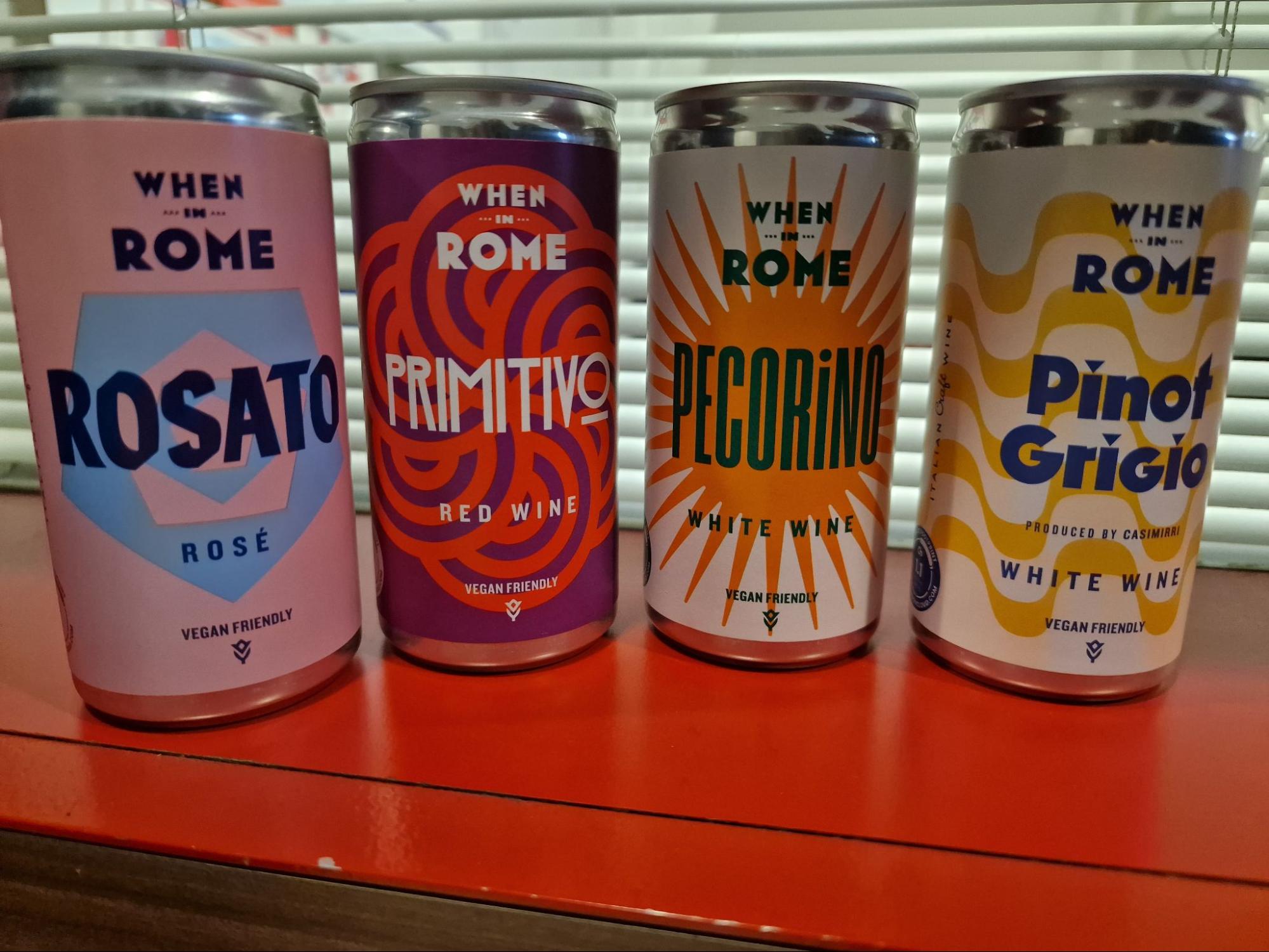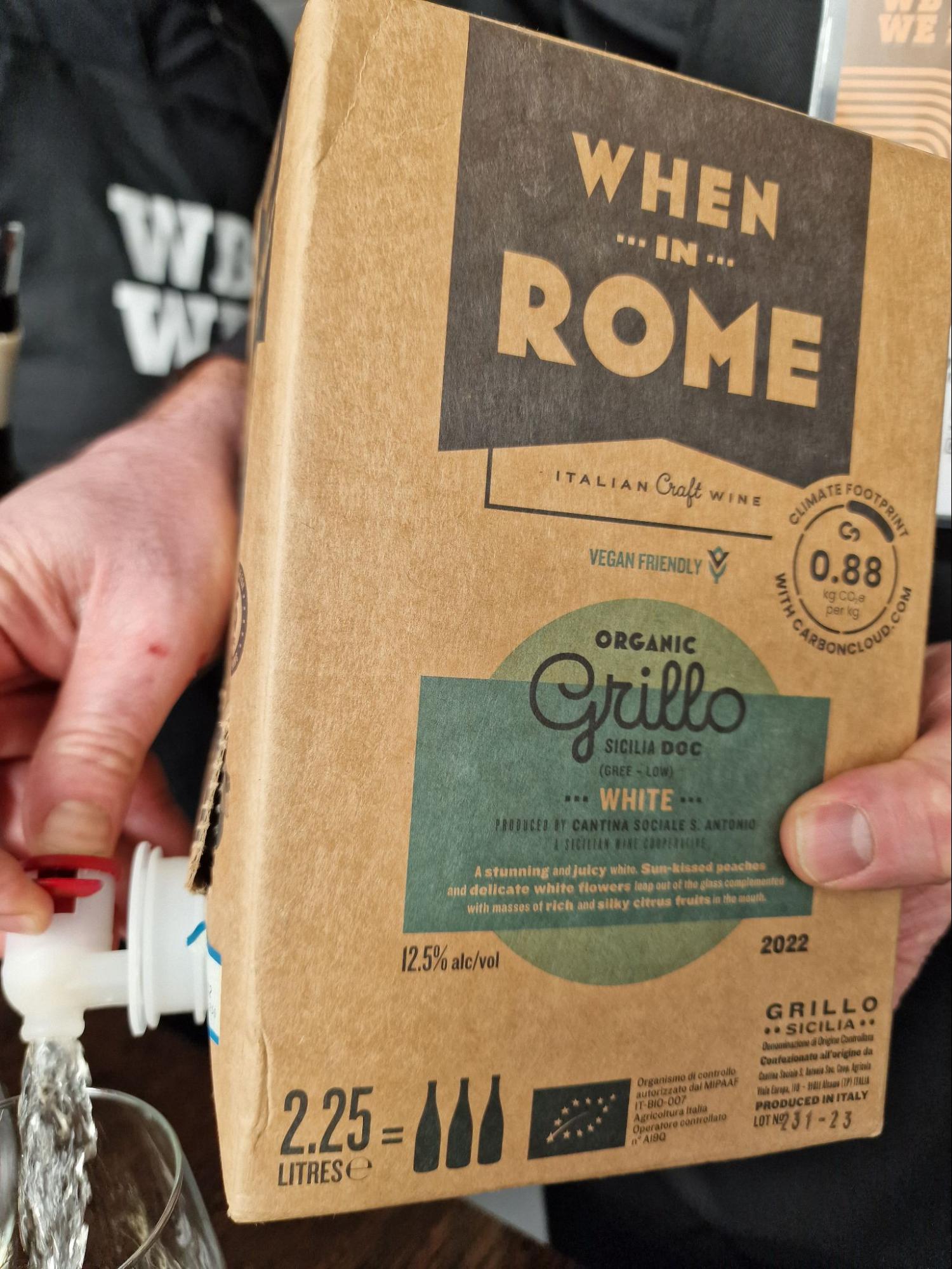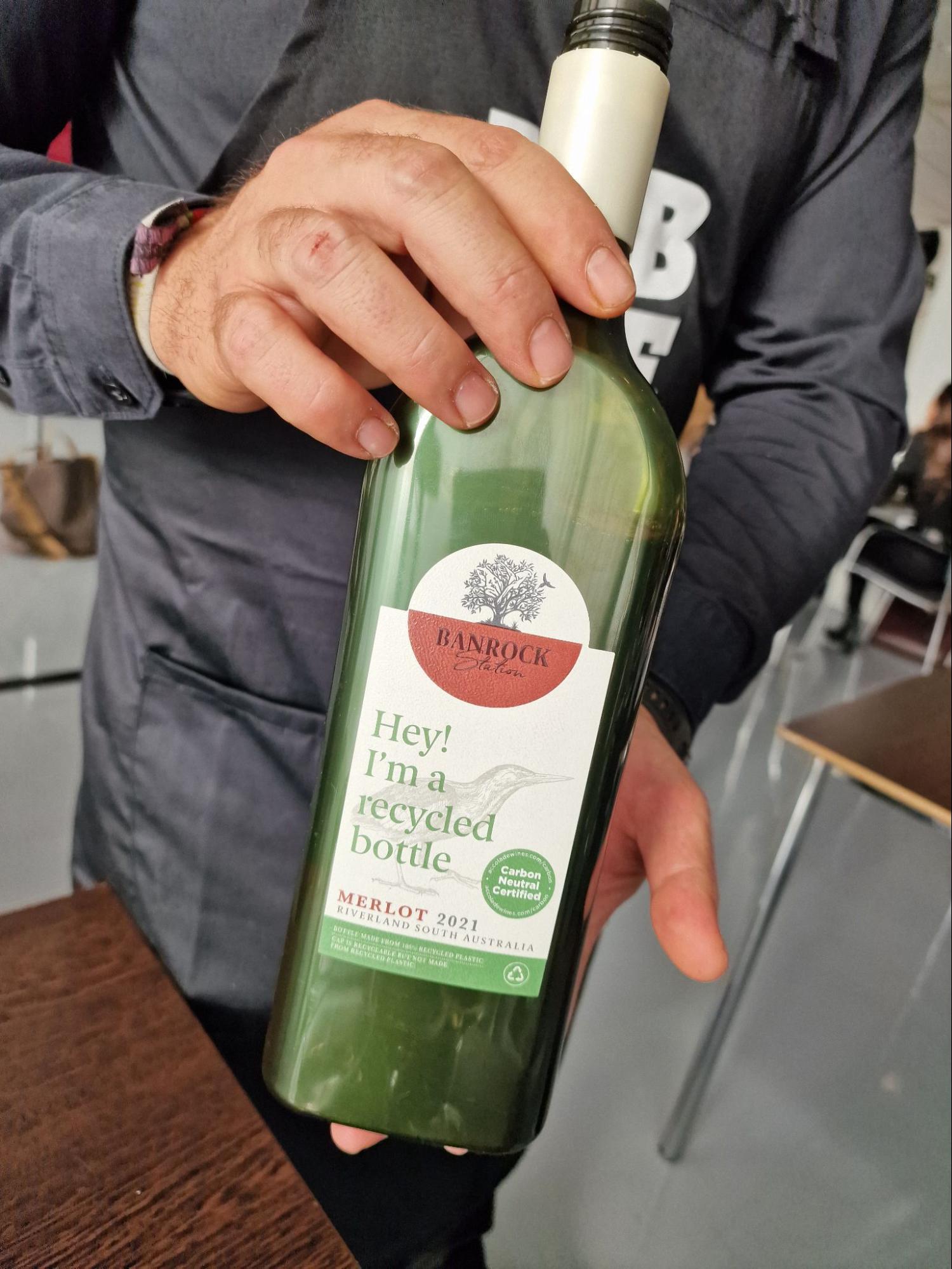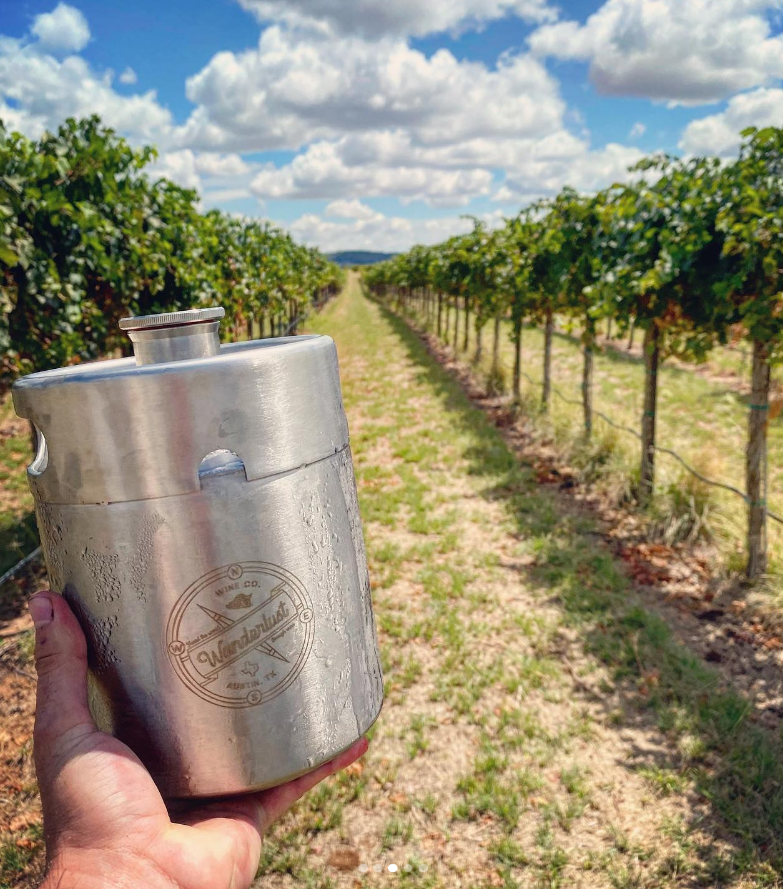- Wine Color/Type
- Top Occasions
- Unique Wines
- Surprise Me!
Breaking Traditions: Exploring Sustainable Innovations in Wine Packaging
Insights from the 15th World Bulk Wine Exhibition
In a groundbreaking session at the 15th World Bulk Wine Exhibition in Amsterdam, industry experts gathered to discuss the evolution of wine packaging, focusing on innovative alternatives to the conventional glass bottle. The discussion, titled "Maintaining Quality Yet Breaking Away from Conventional Packaging", shed light on the transformative trends and technologies driving the market.
Cans are a hot topic when it comes to alternative packaging (Credit: Lotte Gabrovits)
Advancements in Technology and Quality Focus
The conversation, spearheaded by marketing expert and professor Robert Williams, underscored the transformative impact of technology on the industry. Williams emphasized the importance of delivering high-quality wine in various packaging options. The session explored alternative solutions, featuring flat wine bottles from Packamama, paper bottles from iNTERPUNKT, wine kegs from Free Flow Wines, and diverse options from Bag and Box.
Williams debunked misconceptions surrounding the taste of wine based on packaging, sharing results from a blind taste test that demonstrated consumers' inability to differentiate between wine from a bottle and wine from a can. This emphasized the paramount importance of the wine's quality, regardless of its packaging.
Rob Malin, CEO of When in Rome shows his BIB (Credit: Lotte Gabrovits)
Eco-Friendly Packaging and Industry Trends
Amelia Dales of Packamama delved into the eco-friendly aspects of flat wine bottles, emphasizing spatial efficiency in the supply chain and the use of 100% recycled PET. The broader industry trend focuses on taste and quality in alternative packaging, with wine competitions recognizing and awarding wines in cans and other non-traditional formats.
Bottle shape matters, flat shaped bottle by Packamama (Credit: Lotte Gabrovits)
Bottle Shape Matters: A Sustainable Approach
Andrew Ingham, founder of iNTERPUNKT, shared his experience launching paperboard wine bottles in various countries and outlets. Addressing the lack of progress in sustainable packaging during his time as a supermarket buyer, Ingham emphasized the importance of the bottle shape, catering to both on-trade experiences in restaurants and consumer decision-making in grocery stores. The paper bottle, he argued, allows for a familiar presentation on tables and shelves while promoting sustainability.
Reusable Steel Kegs: A Focus on Environmental Benefits
Barclay Webster from Free Flow Wines highlighted their focus on the US market, specializing in reusable steel kegs. Webster emphasized the environmental benefits, estimating a 76% reduction in greenhouse gases compared to glass bottles. The long-term quality of reusable steel kegs contributes to a sustainable approach in the wine industry.
Wine bars in the US now specialise in wine-on-tap, using kegs! (Photo: Wanderlust Wine Co)
Combating Climate Change Through Alternative Packaging
Rob Malin, CEO of When in Rome, underscored the significance of alternative packaging in combating climate change. Stressing that 50% of the wine industry's carbon footprint comes from single-use glass bottles, Malin advocated for a shift to refillable options. He shared the positive impact of their paper bottle and can products in the market, urging the industry to collectively prioritize alternative packaging for sustainability.
Overcoming Challenges and Shifting Perceptions
The session delved into the history of alternative wine packaging, tracing back to trends like cans for coke and beer. Williams highlighted the challenge of changing consumer perceptions and urged a focus on reducing the carbon footprint. Amelia Dales contributed insights into the positive shift in the UK toward sustainable packaging, emphasizing the role of brand owners and wine companies in meeting sustainability goals.
From Consumer Hesitation to Collective Responsibility
The conversation addressed the challenge of overcoming consumer hesitation and the importance of educating consumers on the benefits of alternative packaging. Successful examples, such as wine in cans being introduced in travel retailers like WH Smith, were discussed. The panel concluded by emphasizing marketing strategies for alternative packaging, including creating new consumption occasions, leveraging unconventional branding, and addressing convenience and portion control.
The Future of Wine Packaging: Embracing Sustainability and Consumer Preferences
In summary, the session highlighted the industry's progress in embracing alternative packaging, with a focus on sustainability, consumer experience, and environmental responsibility. From eco-friendly flat wine bottles to reusable steel kegs, the wine industry is adapting to changing consumer preferences and environmental concerns. As the market continues to evolve, producers are encouraged to prioritize sustainability, dispel misconceptions, and collectively drive the adoption of alternative packaging for a more sustainable future.
by Lotte Gabrovits
Latest articles




